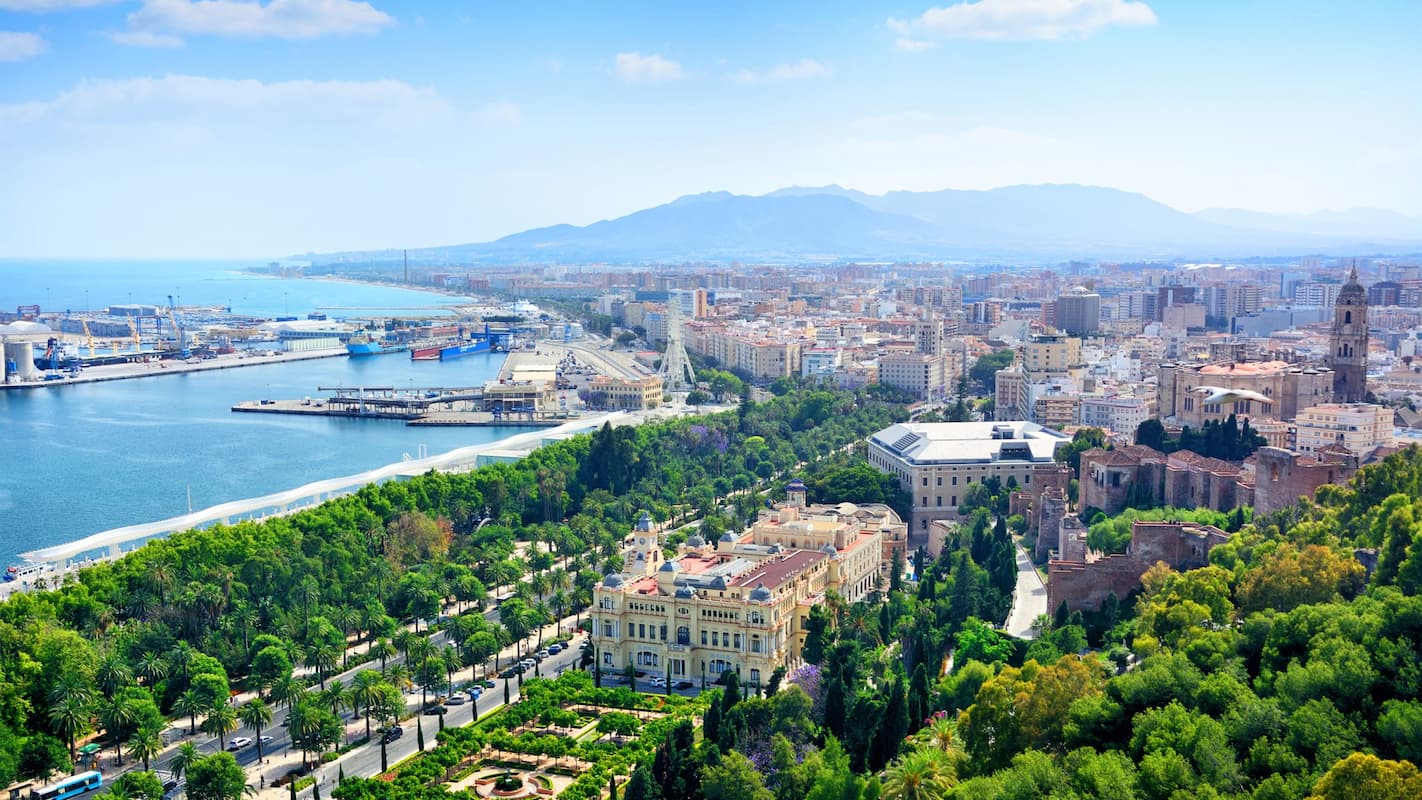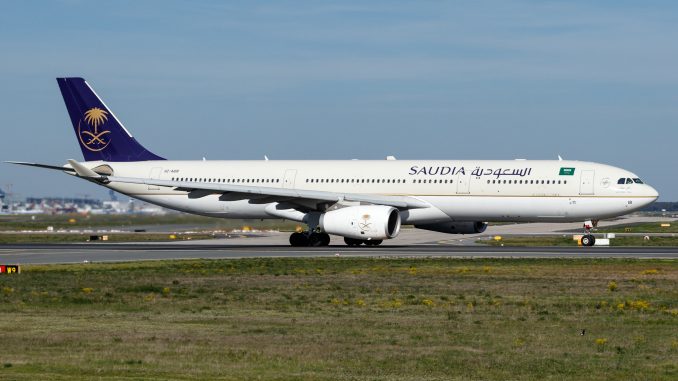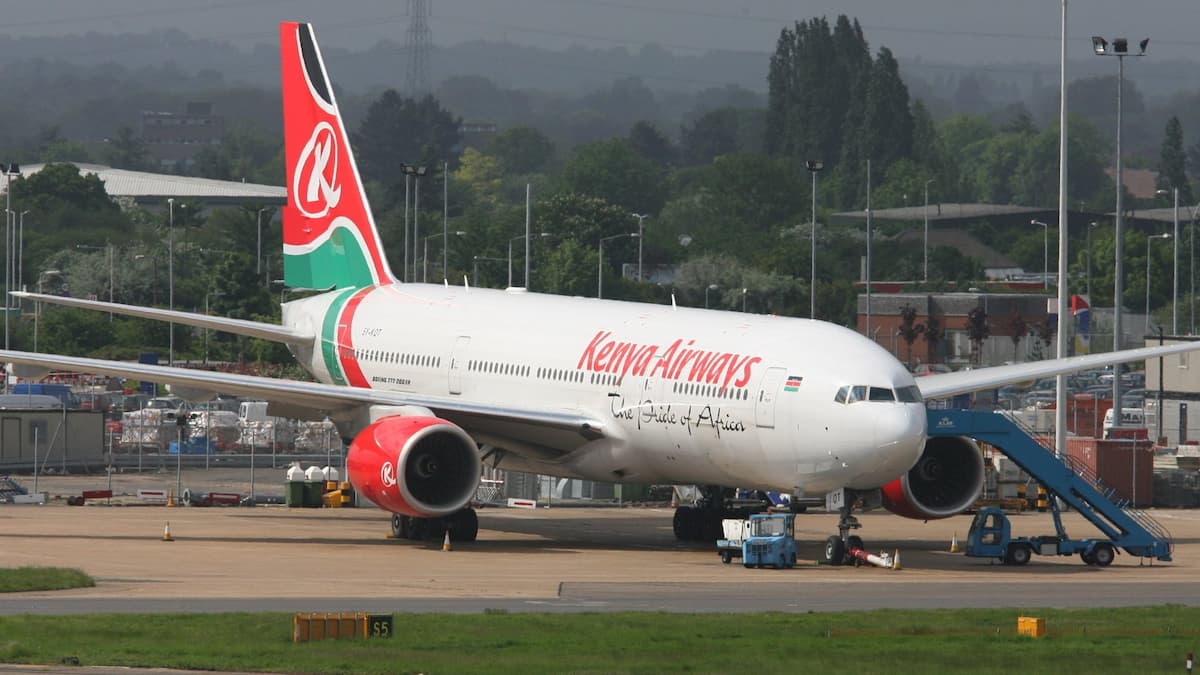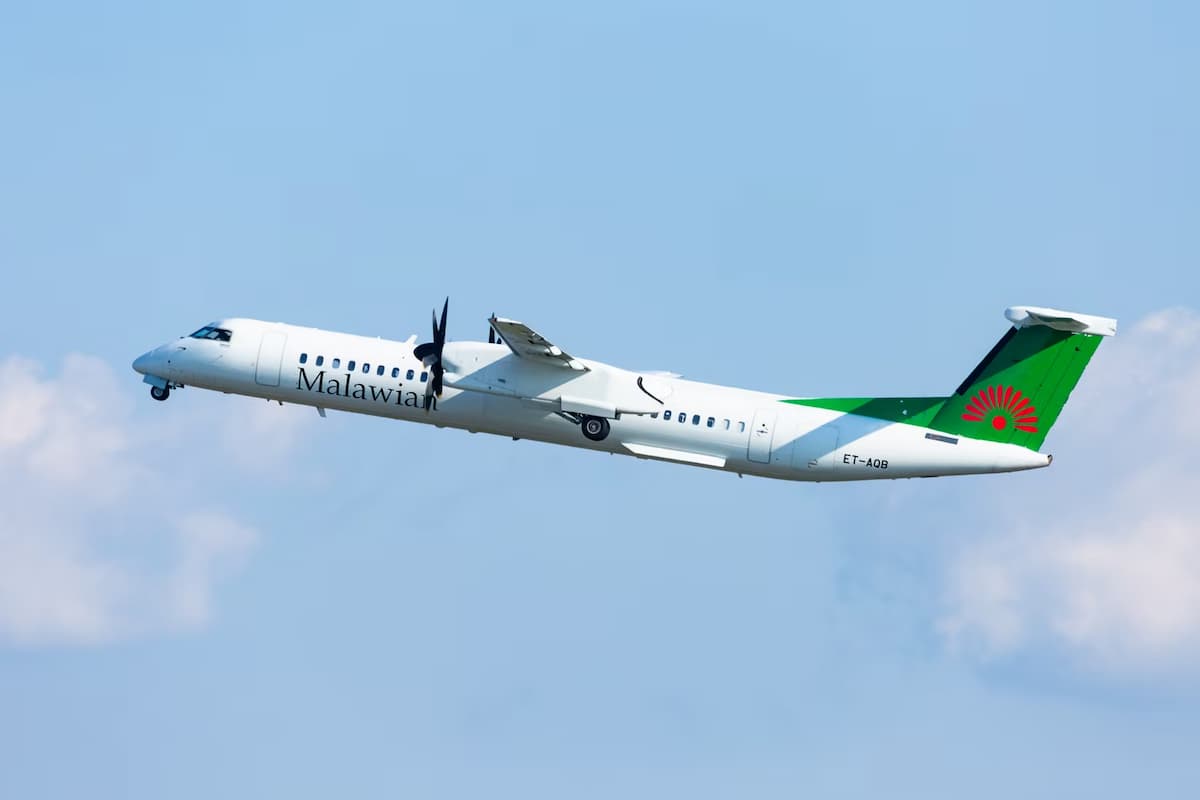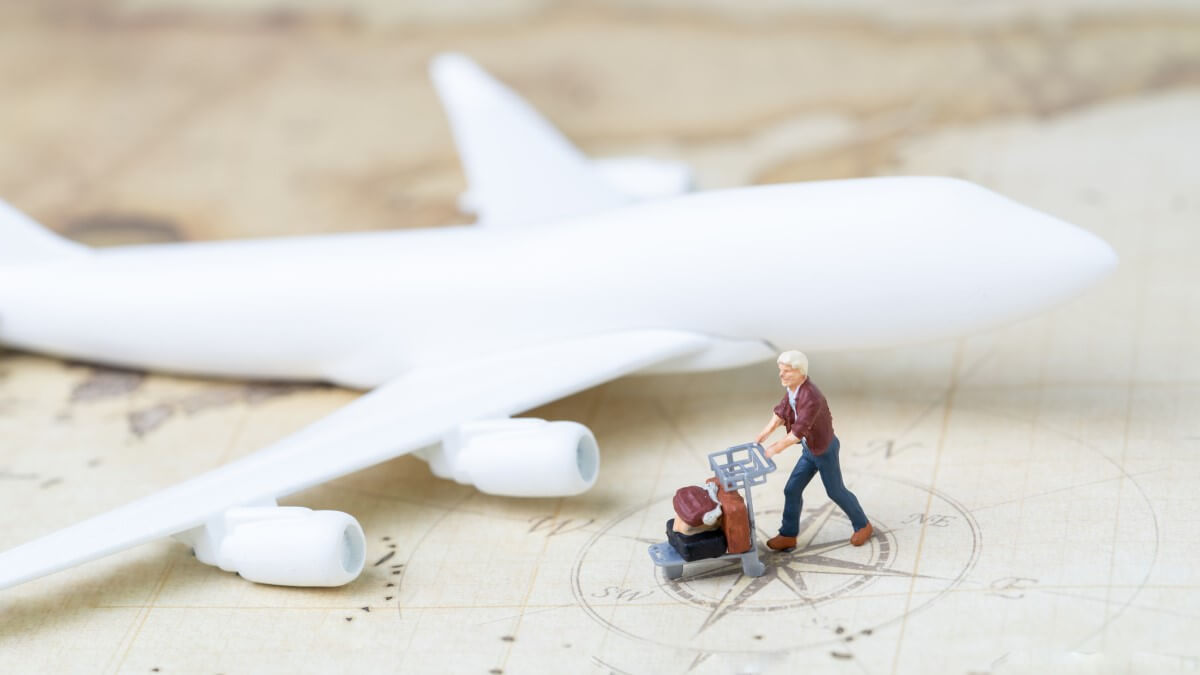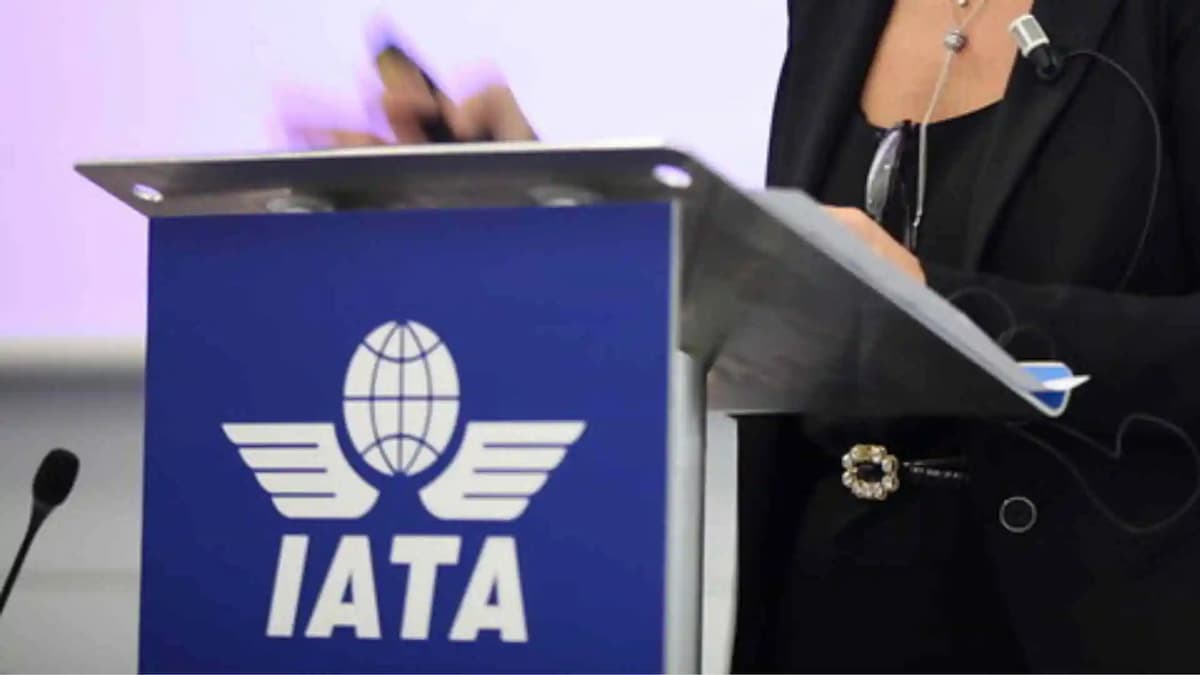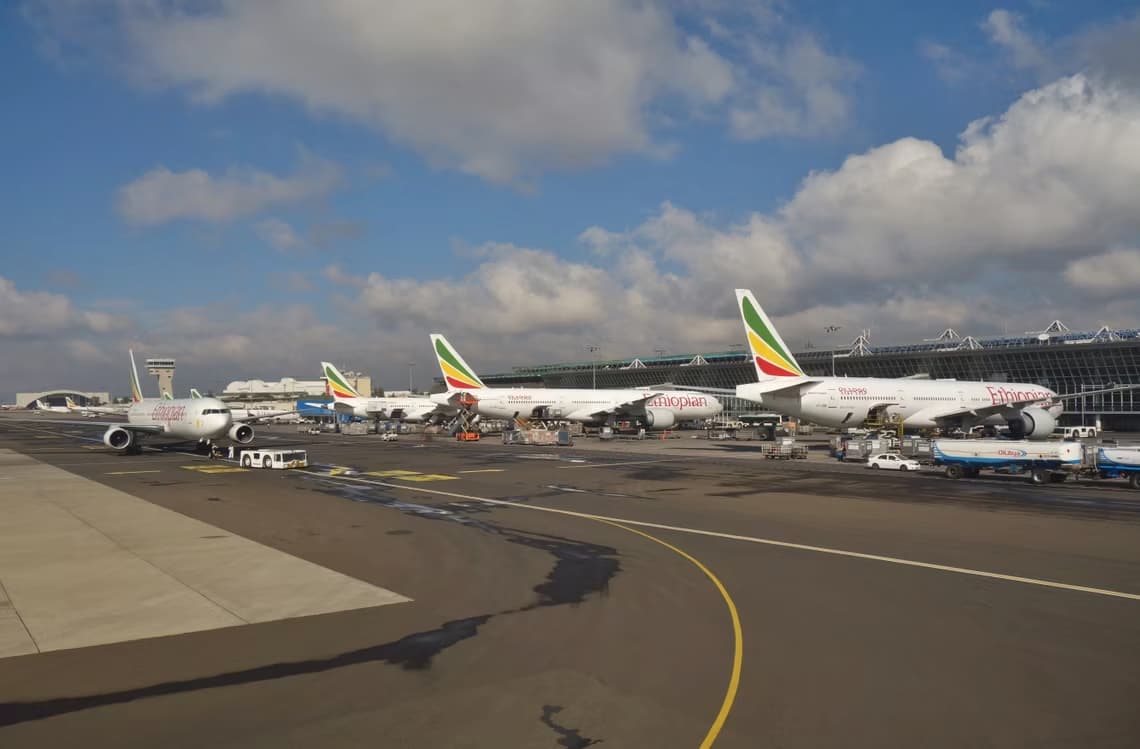Creating tourism models for African countries hinged on sustainable cities sounds like a winning bid to host Expo 2027 — especially if it leads to the event being hosted in Africa eventually. It’s the only continent yet to host one.
African countries want to up their sustainability tourism game and are considering the example set by the City of Málaga in Spain.
This small European city, with a population of about 570,000 people and an airlift capacity of some 16 million passengers to its Málaga International Airport, believes it is best placed to school Africa on sustainable practices as part of its host bid for Expo 2027. But who benefits the most?
The Impact of the Urban Era
Málaga’s bid to create “sustainable cities” through skills-sharing pilots with several African countries would roll out between now and 2027, if its bid is successful. The project hinges on its 30-year effort to transform itself from one of the “ugliest, dirtiest, and worst cities in the world” to the cultural and heritage tourism hub it is today, according to Málaga’s head of tourism, Jonathan Gomez Punzon.
Home to some 650-plus global tech companies, Punzon said the city had demonstrated advanced sustainable tech initiatives, which he outlined as part of its proposed Expo 2027 bid project, and discussed during a ministerial roundtable at World Travel Market Africa held in Cape Town this week.
Fundamental Challenges Facing Humanity
Expo, held every five years, was established in 1931, and themes focus on “fundamental challenges that face humanity,” according to its parent body Bureau International des Expositions (BIE). It also selects host candidates from its 168 member countries.
Each member country pays a membership fee that varies but could be as much as $33,000. The U.S. was participating as an exhibitor until 2017, but not paying as an active member, excluding it from submitting any host bids. However, since rejoining, Minnesota has qualified as a possible host for the upcoming Expo. Minnesota’s Expo 2027 bid is “Healthy People, Healthy Planet – Wellness and Well Being for All.”
Malaga and Minnesota are two of five candidates for Expo 2027. The others include Phuket, Thailand; Belgrade, Serbia; and San Carlos de Bariloche, Argentina — with the final host city announced in June 2023.
The event, held in two formats of either a World Expo or a Specialized Expo, could draw some 70 million visitors over its duration of up to six months. It has yet to be held on the African continent, although Expo Dubai 2020 was the first Expo held in the Middle East, North Africa, South Asia region.
Expo Dubai was delayed to 2021 due to the Covid pandemic, but saw attendance in excess of 24 million visitors. The full investment cost and return for hosting an Expo, considering noting there are registration fees for hosts and exhibitors too, is unclear, with the BIE stating the “revenue of an Expo is not always expressed in a monetary value.” Cities often go to extended lengths to host, with some building new venues in order to accommodate the expected influx of visitors.
‘Europe’s Most Connected City’
Punzon said as “Europe’s most connected city,” Malaga has been able to use tech to improve its tourism offering by implementing changes based on emotional tracking and recognition sensors in place across the city. A simplified explanation is it tracks facial expressions and sentiment, where people smiled or where they appeared frustrated, as an example. If there is a place that shows continuous negative emotion, plans would be made to solve the issue.
Málaga has previously received United Nations recognition for its regeneration and protection of its coastline and improvements in sustainable urban mobility with its large pedestrian zones, and energy efficiency.
Punzon also said the city’s bid will connect potential investors to the pilot African countries, adding that Spain has “most of the top hotel investment funds in Europe.”
He added that potential pilot countries he engaged with included Zimbabwe, which had expressed interest in an urban tourism strategy beyond its wildlife. South Africa was also looking to build capacity on its urban tourism, while Eswatini was looking to differentiate and grow its tour packages.
“We have the experience, we’ve done it before. This is not about showcasing Malaga. We want to be useful for the world to meet and really put into practice how to work on sustainability for the future in cities and tourism. This is the only one candidacy tackling this.”
Developing a Sustainable Tourism Industry in Africa
Ibrahim Ayoub, CEO of the International Tourism and Investment Conference group, said the African Tourism Investment Summit had facilitated Málaga’s proposal during the ministerial roundtable focused on “developing a sustainable tourism industry in Africa”, as part of the African Tourism Investment Summit and World Travel Market Africa in Cape Town.
Ayoub said the tourism and investment conference would act in an advisory capacity to oversee the business strategy implementation, and the financial investments and forecasts of Malaga’s proposed pilots.
“Sustainability and an investment into a project like this must bring value to the people, SMMES (small, micro and medium-sized enterprises) and the tourism industry, enabling the other sectors of the country’s economy to grow.”
Ayoub did not have any specific data or values to share with Skift, in relation to the tourism investment opportunities related to the Expo proposal, as yet.
South Africa Considering Pilot
South Africa’s newly appointed tourism minister, Patricia de Lille, told Skift the country was interested in the Spanish city’s proposed skill-sharing program after a “successful introductory meeting” with Malaga’s tourism representatives during the summit.
De Lille said South Africa could “draw from and replicate some of Malaga’s advances in technology and sustainability to enhance its own tourism sector.”
South Africa and Spain have had longstanding bilateral relations, further strengthened with the creation of a Directorate-General for Africa post, she said, “The DG for Africa, Mr Raimundo Robredo Rubio, has strongly promoted the Agenda for Africa and a special focus on South Africa.”
Spain remains a key European source markets of tourism to South Africa. The year 2018 saw the highest number of tourist arrivals from Spain to South Africa, and 2022 figures indicate recovery as the figures are sitting at 23,304 arrivals from Spain to South Africa.
De Lille said another key focus is air connectivity as Iberia Airlines currently only operates flights to OR Tambo International Airport in Johannesburg and that she “will certainly work with partners to see how the Madrid-Cape Town flight can be reintroduced.”
Sierra Leone Wants to be a Digital Smart City
For Memunatu Pratt, minister of tourism and cultural affairs of Sierra Leone, it was more of a done deal. Pratt said she was excited about her country being a pilot partner.
“We are going to build the skills and capacity of Sierra Leone as a country and a tourist destination so that we can leverage on the digital marketing and technology, which has moved Malaga into a digital smart city.
“Malaga has got resilient people. They have committed people, they have focused people, and they have been able to organize their energies and resources to be able to get where it is today.”
With Sierra Leone’s Lumley Beach in Freetown as the finish line for the Budapest Rally, Pratt said events like this had opened up the country to tourism growth, specifically from Eastern Europe.
International tourism to Sierra Leone generated $63 million in revenue before Covid, however Pratt said current projections for 2023 “pointed to growth towards $120 million.”
With the influx of tourists, mainly from Europe, although the U.S. remains its strongest international market, Pratt said it was important to bring in the digital enhancement that Malaga has implemented.
“We want to learn how they’ve engaged their youth through digital connectivity, to learn from their strategies on how they’re managing their beaches and how they’re doing their heritage sites.”
Source: Skift


